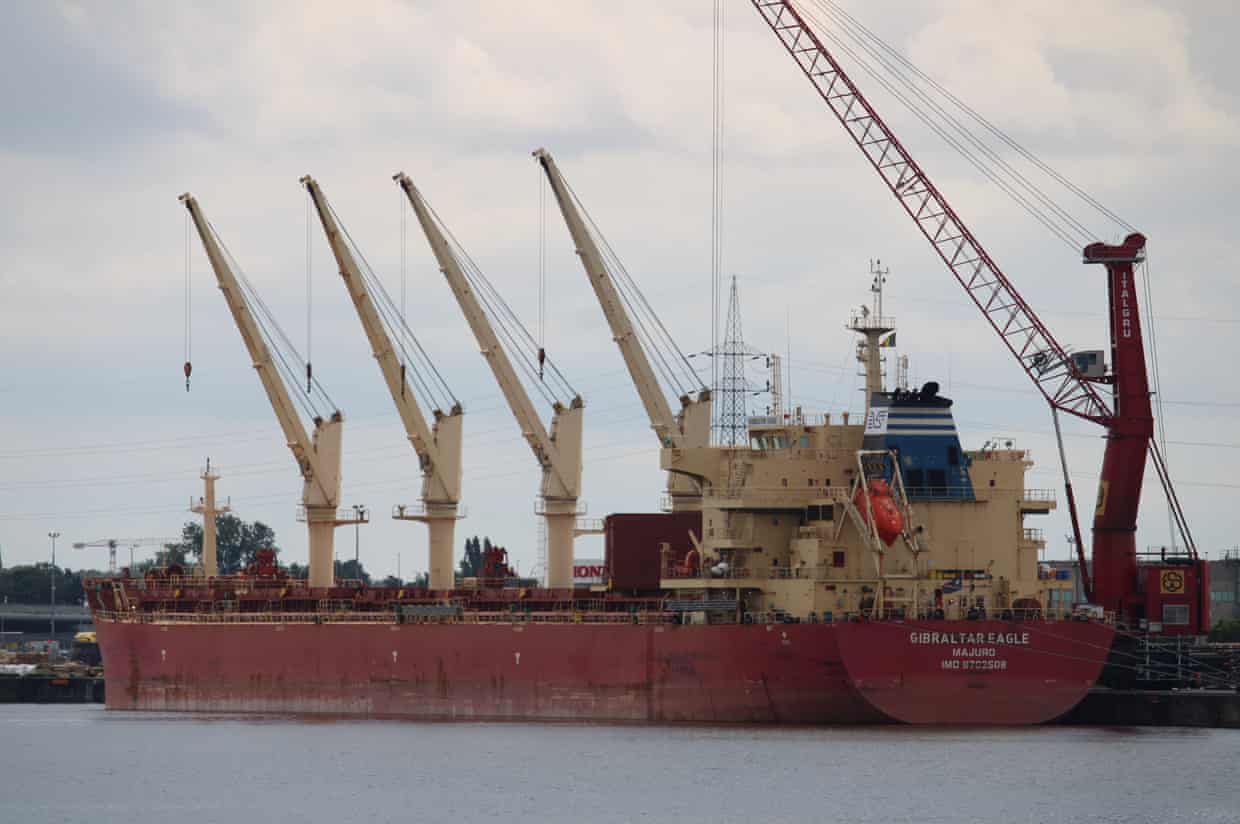Houthi attacks on ships passing through the Red Sea since November 2023 have affected global shipping and raised concerns about an escalation in the more than three-month conflict between Israel and Hamas in Gaza. The Houthis say they are acting in solidarity with the Palestinians.
Nasruldeen Amer, a spokesman for the Houthi forces, told Al Jazeera on January 15 that British and US ships had become "legitimate targets" for the Houthis following attacks they carried out in Yemen last week.

Houthi fighters and their supporters protest against US and British strikes near Yemen's capital Sanaa on January 14.
"A ship does not have to be headed towards Israel to be our target. It only has to be related to the US... The US is on the verge of losing maritime security," said Mr. Amer.
The Houthis, the political -military force that controls part of Yemen, have previously said they would only target Israeli ships or ships headed to Israel.
Houthi threatens to attack US ships in Red Sea amid escalating tensions
In the latest development, the US military's Central Command (CENTCOM) said the Houthis attacked the Gibraltar Eagle dry cargo ship, a ship owned and operated by US companies, with an anti-ship ballistic missile on January 15. There were no reports of casualties or significant damage, according to Reuters.
The US-based ship operator Eagle Bulk Shipping said an “unidentified object” crashed into the ship while it was 100 miles (160 kilometers) from the Gulf of Aden. The attack caused a fire in the ship’s cargo hold, but caused no casualties and the ship continued its journey.

Gibraltar Eagle cargo ship
THE GUARDIAN SCREENSHOT
Earlier in the day, British maritime security firm Ambrey said a US-owned cargo ship, flying the Marshall Islands flag, was hit by a missile while sailing near the Yemeni port of Aden. According to Ambrey, the ship is not believed to have any links to Israel.
The latest attacks show that the Houthis are undeterred by the US military response, while ship tracking data on January 15 showed that at least 15 oil tankers had changed their routes to cope with the increasingly dangerous situation.
About 12% of the world's shipping traffic passes through the Suez Canal, the northern gateway to the Red Sea, and then through the Bab al-Mandab Strait in the south. Yemen sits at the strategic strait's mouth.
Source link




























![[Photo] National Assembly Chairman attends the seminar "Building and operating an international financial center and recommendations for Vietnam"](https://vphoto.vietnam.vn/thumb/1200x675/vietnam/resource/IMAGE/2025/7/28/76393436936e457db31ec84433289f72)







































































Comment (0)